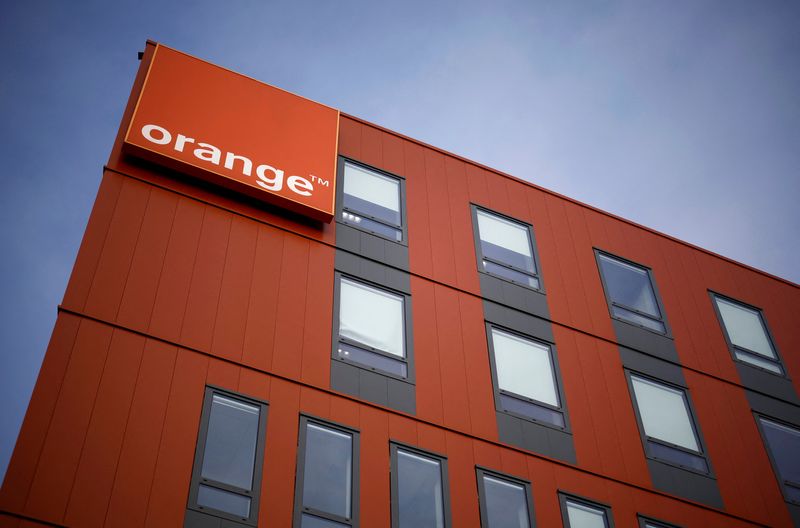Research Published 17 January 2024
Authors: Trieu Trinh and Thang Luong
Our AI system, AlphaGeometry, has achieved a significant breakthrough in AI reasoning in mathematics by surpassing the state-of-the-art approach for geometry problems. In a paper published in Nature, we demonstrate that AlphaGeometry can solve complex geometry problems at a level comparable to a human Olympiad gold-medalist.
The International Mathematical Olympiad (IMO) serves as a platform for the world’s brightest high-school mathematicians. It has become a testing ground for advanced AI systems in math and reasoning. AlphaGeometry was tested on 30 Olympiad geometry problems and successfully solved 25 of them within the standard time limit. In comparison, the previous state-of-the-art system solved only 10 of these problems, while the average human gold medalist solved 25.9 problems.
AlphaGeometry combines a neural language model with a rule-bound deduction engine to find solutions. It utilizes a neuro-symbolic approach, where the language model predicts useful constructs to add to the geometry problems, and the symbolic deduction engine uses formal logic to arrive at conclusions. This combination enables AlphaGeometry to reason logically and discover new knowledge.
To train AlphaGeometry, we developed a method to generate synthetic training data, resulting in 100 million unique examples. This vast dataset allowed AlphaGeometry to learn without any human demonstrations, overcoming the data bottleneck that often limits AI systems in complex geometry and mathematics problems.
We are open-sourcing the AlphaGeometry code and model, hoping to contribute to the advancement of mathematics, science, and AI. The ability of AlphaGeometry to solve Olympiad-level geometry problems marks an important milestone in developing deep mathematical reasoning and advancing general AI systems.
AlphaGeometry’s achievement has garnered praise from Fields Medalist and IMO gold medalist, Ngô Bảo Châu, who described it as an impressive achievement. Evan Chen, a math coach and former Olympiad gold-medalist, also evaluated AlphaGeometry’s solutions and commended its verifiability and adherence to classical geometry rules.
While AlphaGeometry can currently only be applied to one-third of the problems at an Olympiad, its geometry capability alone makes it the first AI model in the world capable of passing the bronze medal threshold of the IMO in 2000 and 2015. Our long-term goal is to develop AI systems that can generalize across mathematical fields, pushing the boundaries of human knowledge and advancing reasoning in next-generation AI systems.
We would like to acknowledge the collaboration between the Google DeepMind team and the Computer Science Department of New York University in this project. The authors of this work include Trieu Trinh, Yuhuai Wu, Quoc Le, He He, and Thang Luong. We also express our gratitude to the individuals and groups who contributed to the success of this research.
Source link









![10 Best Web Development Frameworks in 2024 [Updated]](https://cdn.hackr.io/uploads/posts/large/1593497000wfnzO4EXAY.png)












